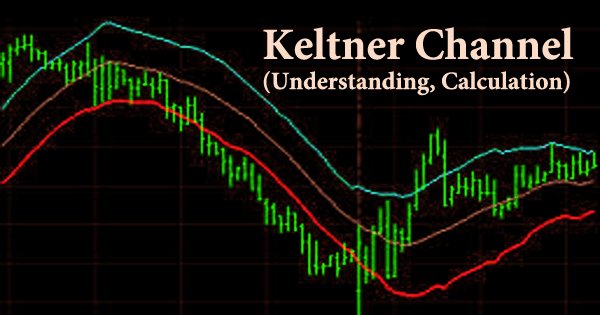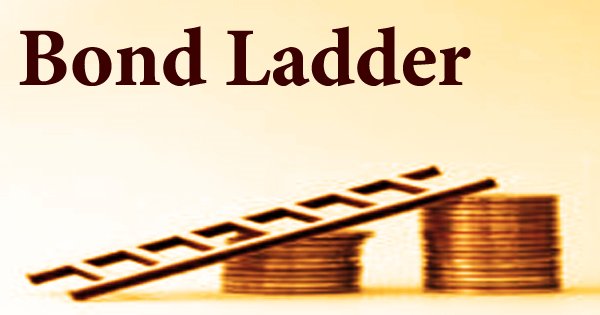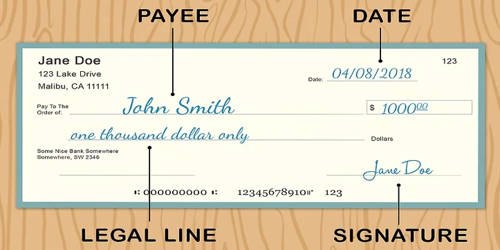A mortgage is an agreement that allows you to borrow money from a bank or similar organization, especially in order to buy a house or the amount of money itself. Literally mort means dead and gage means a pledge. Any security for a debt, which is lost or becomes dead in case the money or the interest due thereon is not paid on a certain day is called a mortgage. Individuals and businesses use mortgages to make large real estate purchases without paying the entire purchase price upfront. While it’s possible to take out loans to cover the entire cost of a home, it’s more common to secure a loan for about 80% of the home’s value.
A mortgage is a debt instrument, secured by the collateral of specified real estate property, that the borrower is obliged to pay back with a predetermined set of payments. A mortgage thus is the conveyance of the property by a borrower in favor of a lender as security for the repayment of money, borrowed together with interest. It is a loan – provided by a mortgage lender or a bank – that enables an individual to purchase a home. In a residential mortgage, a homebuyer pledges their house to the bank or other type of lender, which has a claim on the house should the homebuyer default on paying the mortgage. The loan must be paid back over time. The home purchased acts as collateral on the money an individual is lent to purchase the home.
Types of Mortgages – The two most common types of mortgages are fixed-rate and adjustable-rate (also known as the variable rate) mortgages.
- Fixed-Rate Mortgages – These provide borrowers with an established interest rate over a set term of typically 15, 20, or 30 years. With a fixed interest rate, the shorter the term over which the borrower pays, the higher the monthly payment. The greatest advantage of a fixed-rate mortgage is that the borrower can count on their monthly mortgage payments being the same every month throughout the life of their mortgage, making it easier to set household budgets and avoid any unexpected additional charges from one month to the next.
- Adjustable-Rate Mortgages – Adjustable-rate mortgages (ARMs) come with interest rates that can – and usually, do – change over the life of the loan. Increases in market rates and other factors cause interest rates to fluctuate, which changes the amount of interest the borrower must pay, and, therefore, changes the total monthly payment due.
















